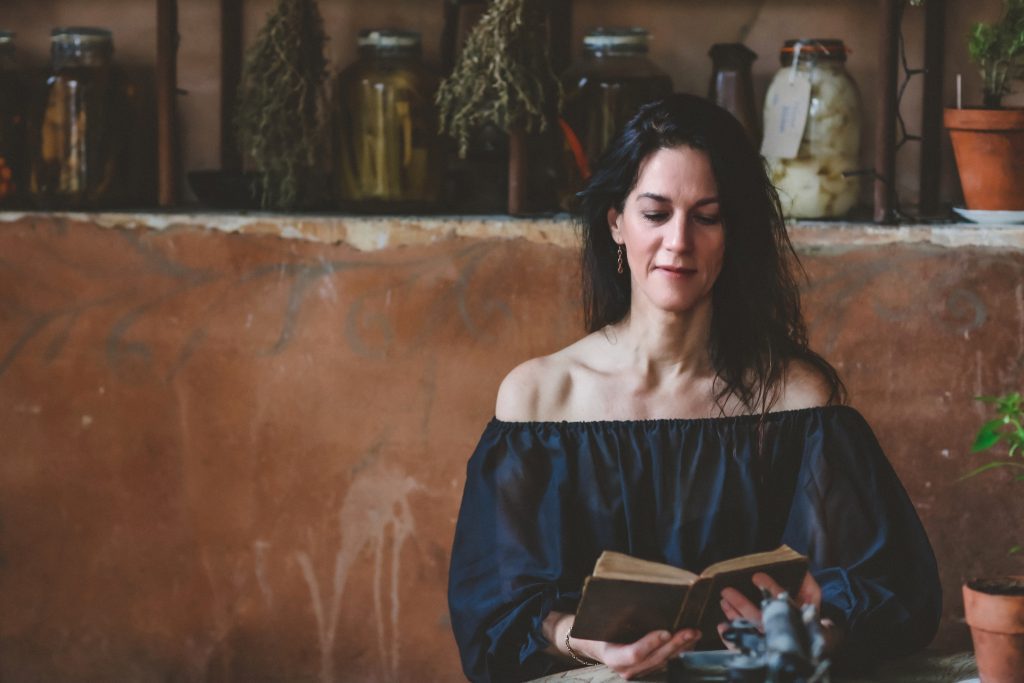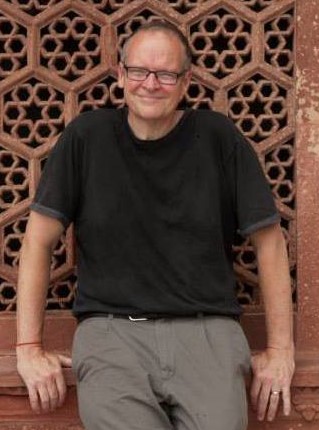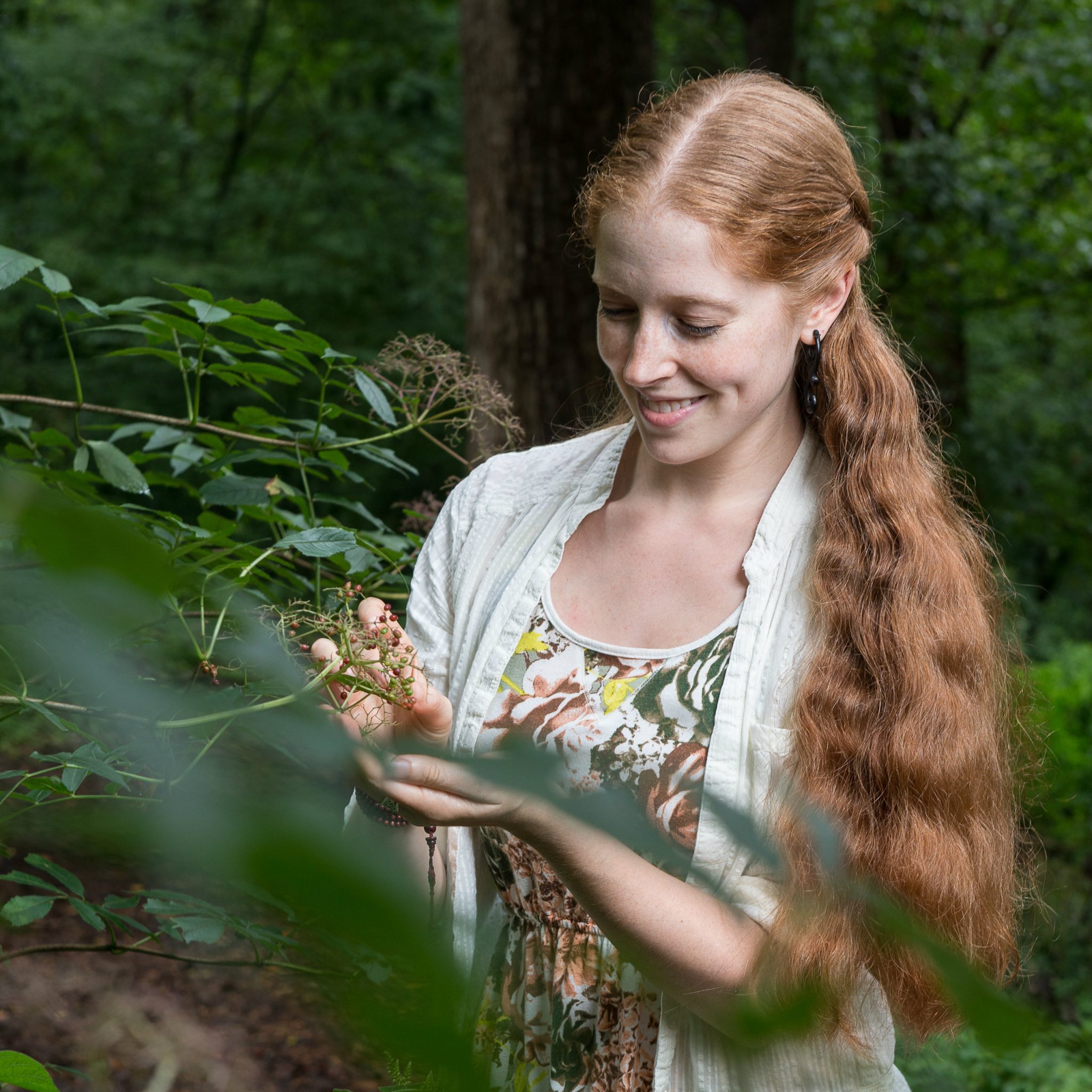ABOUT
Narrative Nature Writing is a live online nature writing course designed to teach beginners the foundations of narrative nonfiction through the lens of the natural world.
Nature Writing Is Vital
Practicing and studying narrative nature writing is crucial in today’s world, where the relationship between humans and the environment is more significant—and more fraught—than ever. This genre goes beyond mere description, engaging readers and beginning nature writers on an emotional and intellectual level, encouraging them to reflect on their place within the ecosystem. By understanding the art of narrative nature writing, students can contribute to important conversations about conservation, climate change, and the human impact on the planet. This course provides writers with the tools to express feelings, articulate stories, and create work that resonates deeply, fostering a sense of connection and responsibility toward the natural world.
In a time when many people are disconnected from nature, compelling stories about nature and place can bridge the gap, bringing the realities of the natural world into the reader’s consciousness. This nature writing course equips aspiring writers with the skills to not only document the natural world but also to inspire change through storytelling. By the end of the course, participants will have developed a deeper understanding of both the craft of writing and the vital importance of the natural world, enabling them to create works that contribute meaningfully to environmental discourse.
About Your Teacher
This is a signature course taught by Kathryn Aalto, who is known for her unique ability to weave together the beauty of nature, the power of literature, and the intricacies of human experience. With a background in landscape design, garden history, and English literature, Kathryn brings a rich, interdisciplinary perspective to her work, often exploring how place shapes our stories and identities. A passionate educator, Kathryn is dedicated to helping others find their voices in narrative nonfiction and nature writing, empowering them to tell stories that resonate with authenticity and emotional depth.
Her books, including Writing Wild: Women Poets, Ramblers and Mavericks Who Shape How We See the Natural World (2020) and The New York Times bestseller, The Natural World of Winnie-the-Pooh (2015), showcase her talent for blending historical research, literary analysis, and environmental insight, creating works that are both deeply informative and inspiring.
Course Aims
- Develop Observational Skills: Enhance students’ ability to keenly observe and interpret the natural world, fostering a deeper connection to their environment.
- Cultivate Narrative Voice: Help students discover and refine their unique narrative voice in nature writing, balancing descriptive detail with personal reflection.
- Explore Literary Techniques: Introduce and practice literary techniques specific to nature writing, including sensory description and the eight pillars of narrative nonfiction, producing at least four original nature essays.
- Wellness Through Writing: Inspire students to find meaning in the act of writing as part of a well-balanced and attentive creative life.
- Build a Writing Practice: Cultivate an intentional writing practice with an understanding of pre-writing, writing, editing and revising approaches.
ROBERT BERRY is a beloved speaker in Kathryn’s Narrative Nature Writing course, and for good reason. He teaches us that sound can profoundly enhance a nature writer’s craft. Learning how to closely listen will deepen our connection to the environment and enrich the sensory details in our writing. This can transform the way we perceive and describe the natural world. An emeritus professor, Robert developed interests in recording the sounds of nature after retirement. For decades photography had been his focus, but he picked up recording to learn how it might add to his experience of the natural world.
“My most significant learning is in how to listen, and that ‘being there with ears wide open’ always yields an enriching engagement with nature’s vast range of voices.”
By capturing the subtle nuances of bird calls, rustling leaves, or a distant stream, writers can bring a vivid, immersive quality to their narratives that engages readers on a more emotional and visceral level.
KIMBERLY COBURN is a writer and maker from Atlanta, Georgia, and returns again to discuss how she creates magic on the page. Her work has been featured in such publications as American Craft, The Bitter Southerner, Dark Mountain and Salon and was listed as notable in The Best American Nature & Science Writing. She has received fellowships from Bread Loaf Environmental Writers’ Conference and Hambidge Center for the Creative Arts & Sciences. She joins our class February 23 to discuss one of her most notable nature essays “The Other Buzzard.”
DATES
📅 Time: Every other Sunday, 3:00-5:30 PM GMT
📆 Dates: February 9, 23; March 9, 23; April 6; May 4, 18; June 1
📍 Format: Live Online via Zoom
TUITION
💷 Tuition: £550 per term
Invest in your learning journey with a one-time payment.
✉️ Flexible Payment Plans
Contact kathryn@kathrynaalto.com to discuss options.
📜 Terms and Conditions
Review the details of enrolment below before registering.
- Course Overview. The Course provides online instruction in narrative nonfiction with an emphasis in nature writing via Zoom.
- Eligibility and Registration. Participants must be 18 or older and provide accurate registration details.
- Payment Terms. Full payment is required at registration. Payment plans, if arranged, must be honoured regardless of attendance.
- Refund Policy. Refunds are available up to 14 days before the Course start date. No refunds will be issued after this period. Requests must be emailed to kathryn@kathrynaalto.com.
- Course Access. Participants receive the syllabus upon registration.
- Intellectual Property. All Course materials are the property of Kathryn Aalto and cannot be reproduced, distributed, downloaded, or filmed without written permission.
- Conduct and Participation. Respectful and professional behaviour is expected.
- Technical Requirements. Participants need to have a stable internet connection and compatible device.
- Course Changes and Cancellation. The schedule, content, or speakers may be modified. If the Course is cancelled, a full refund will be issued.
- Privacy Policy. Participant information will not be shared.
By registering, you agree to these Terms and Conditions. For assistance, contact kathryn@kathrynaalto.com.
FAQs
1. Are Kathryn Aalto’s courses suitable for beginners?
Yes, all levels of writers. Beginners gain foundational skills in a supportive environment, while experienced writers refine their craft and explore advanced techniques.
- Level 1: Foundational courses for beginners in narrative nonfiction.
- Levels 2–3: Intermediate courses requiring Level 1, a similar course, or application with a writing sample.
- Levels 3–4: Advanced courses focusing on voice, structure, dialogue, and other nuanced techniques.
2. What kind of feedback can I expect?
Kathryn provides detailed, constructive feedback to improve both technical skills and thematic resonance. Students receive handwritten feedback via her reMarkable device, addressing everything from syntax and language to structure and voice. Her feedback supports, encourages, and challenges students to grow.
3. What assignments or exercises are typical?
Courses include in-class reflective exercises and at-home assignments.
- Level 1: Write 2–4 pages weekly.
- Levels 2–4: Write 4–10 pages weekly.
Assignments balance variety and independence, encouraging students to explore their own interests.
4. Can taking one course lead to publication?
A single course is a valuable step toward publication, providing essential skills, guidance, and confidence. However, becoming published requires persistence, revision, and industry knowledge. Most successful students take 2–4 courses, participate in workshops, and hone their craft over time, much like an MFA program in narrative nonfiction. While publication isn’t guaranteed, Kathryn’s courses equip you to pursue your goals effectively.
5. Who are my classmates?
Your classmates come from around the globe, creating a diverse and enriching learning community. Students hail from the USA, Canada, the UK, Europe, Africa, Asia, and beyond, offering a broad spectrum of perspectives and experiences.
6. Can I pay tuition in installments?
Yes, tuition can be billed over 2–4 months. Contact gardens@kathrynaalto.com to arrange a plan that works for you.
COMMUNITY
Kathryn Aalto fosters a warm, inclusive, and inspiring community in her online writing courses, where students from diverse backgrounds come together to explore their creativity. Her courses are designed to encourage collaboration, thoughtful dialogue, and mutual support, cultivating a space where students feel safe to express themselves and share their work.
Kathryn’s teaching style emphasizes empathy and attentiveness, helping students build confidence in their writing while honouring their unique voices. Through guided discussions, personalised feedback, and opportunities for peer interaction, she cultivates a sense of belonging and shared purpose. The community Kathryn creates is one of encouragement, growth, and a shared passion for the written word, where each participant is both a learner and a contributor to the collective experience.
TEACHING PHILOSOPHY
“My teaching philosophy is rooted in the belief that education is a collaborative and transformative journey, one that empowers students to explore their creative potential, embrace their unique voices, and engage deeply with the world around them. I am committed to creating a learning environment that is inclusive, supportive, and intellectually stimulating, where students feel encouraged to take risks, ask questions, and challenge themselves.” — Kathryn Aalto
Philosophy
1. Fostering Creative Exploration
I believe that creativity flourishes when students are given the freedom to explore ideas, experiment with language, and push the boundaries of conventional thinking. My role as an educator is to provide the tools, guidance, and encouragement that allow students to embark on this journey of exploration. I strive to create lectures, discussions, and assignments that inspire curiosity and invite students to engage with material in ways that are personally meaningful and artistically daring.
2. Encouraging Critical Thinking and Reflection
I view literature and writing as powerful tools for understanding the human experience, and I encourage my students to engage critically with texts and their own work. By fostering an environment of thoughtful discussion and reflection, I aim to help students develop their analytical skills, deepen their understanding of complex themes, and articulate their ideas with clarity and conviction. I emphasise the importance of considering diverse perspectives and encourage students to question assumptions and explore the ethical dimensions of their writing.
3. Building a Supportive Learning Community
I am deeply committed to cultivating a classroom environment where all students feel respected, valued, and heard. I believe that learning is most effective when it occurs in a community where individuals support and learn from one another. To this end, I prioritise creating a space where students can share their work, offer constructive feedback, and engage in meaningful dialogue. I also recognise the importance of addressing each student’s unique needs and learning styles, and I strive to be responsive and adaptable in my teaching approach.
Strongly influenced by the Harkness method founded at the Phillips Exeter Academy in New Hampshire where my three children graduated, I actively cultivate a learning space that emphasises the art of conversation with active listening, collaboration, and respect.
4. Empowering Student Voices
One of my primary goals as an educator is to empower emerging writers to find and refine their own voices. I encourage them to write with authenticity and confidence, whether they are crafting a new personal narrative as a long-time academic or exploring creative nonfiction from another genre. I believe that every student has a story worth telling, and I aim to help them discover the best ways to tell it. This involves not only developing their technical skills but also helping them overcome any inhibitions or self-doubt that may hinder their creative expression.
5. Lifelong Learning and Growth
I view teaching as a reciprocal process of learning and growth. Just as I seek to inspire my students, I am continually inspired by their insights, creativity, and courage. I am committed to my own professional development as a member of ASLE (Association for the Study of Literature and Environment) and AWP (Association of Writers and Writing Programs), which helps me stay engaged with current trends and debates in literature, writing, and pedagogy. By modelling a passion for learning and a commitment to intellectual curiosity, I hope to instil in my students a lifelong love of learning and a desire to continue honing their craft long after they leave my classroom.
Measures of Success
My teaching philosophy is centered on the idea that education is a dynamic and collaborative process. By fostering creativity, critical thinking, and community, I aim to empower my students to become confident, thoughtful, and innovative writers who are prepared to differently engage with the world in reflective and meaningful ways.
After acquiring key skills in narrative nonfiction, I encourage people to apply for awards, submit to publications, and continue keeping personal writing journals. My pro-active stance helps emerging writers find validation of their insights and writing skills outside our nurturing communities.
My students have won numerous awards including the 2022 £10,000 Nature Chronicles Prize with two long-listed for the same 2024 prize. A student won the 2022 Bradt New Travel Writer of the Year and many have been short-listed for literary awards including the Fish Memoir Prize. My students have been published by general and university presses, book trusts, popular magazines, and literary journals.
However, publication and awards are only one measure of success. Learning to embrace the writing process as just one part of leading a contemplative life cannot be measured nor externally validated. There is different and great fulfilment in both.
TESTIMONIALS
“Kathryn teaches with a deep care about the individual student and is very clever about bringing out their voices and passions. She also has an unparalleled knowledge of nature and landscape writing that gives a real gravitas and authority on the subject, a knowledge that she wears lightly without intimidating students, which is a huge strength.” — James Rebanks, author of The Shepherd’s Life and English Pastoral
“I learnt so much from taking Kathryn’s Memoir and Life Writing course. Although I had published a lot of academic work, I was struggling making the transition to writing in a more personal vein and lacking in confidence. I found in Kathryn a superbly knowledgeable and lucid teacher. Through the lectures and class discussion, I learnt how to implement narrative nonfiction techniques and, in just a few weeks, saw my writing become much more engaging and evocative. I also benefited from being part of a supportive and friendly learning community, and building relationships that I expect to last far beyond the duration of the course. Finally, I really appreciated Kathryn’s warmth and positivity, both in the virtual classroom and in her individual feedback. She was an attentive and sympathetic reader of my work, giving clear guidance for improvement while simultaneously building my confidence. The course enabled me to see new possibilities in my writing and I am keen to work with Kathryn again as I continue to develop.” — David, Leeds, England
“After six months of working with Kathryn–which is a bit like entering the space of a handwritten letter, what with her sharp aesthetic sense, far-ranging intelligence, wit, and curiosity–I’ve made tangible progress on an unwieldy, long-form project I was struggling to articulate. I came to her Memoir and Life Writing class for accountability, and came away having experienced the kind of support, writing insight, and real feeling of friendship that can be difficult to find in a workshop environment. Kathryn fostered a warm, charming atmosphere in class (a real feat online), allowing for life-long connections to develop among our group of writers. She cares about the arc of her student’s writing lives–a form of attention that encourages artistic growth and positive risk-taking. She not only brought her years of writing and publishing experience to class and to our bi-monthly writing assignments (her personal feedback, often handwritten, is invaluable), she also brought her unique perspective. Writer-gardener-historians are, I think, particularly adept at imagining the possibilities for a piece, no matter your subject. Kathryn pushed me to dig deeper, moving my writing in new directions. No matter where one is in their writing life, working with Kathryn will be an experience of profound joy, insight, and artistic deepening.“ — Veronica, Portland, Oregon
”Kathryn’s magic created a haven for aspiring writers and poets. Guest speakers inspired powerful conversations about structure, content, subject, and most importantly, the joy of writing. Spending two hours with other writers from around the globe filled my creative well and sustained my writing practice. And Kathryn’s critical feedback, gentle but pointed, definitely shaped me into a more observant and insightful writer. The best part is the community remains through the connections she has forged.” — Laura, Fayetteville, Arkansas, USA



